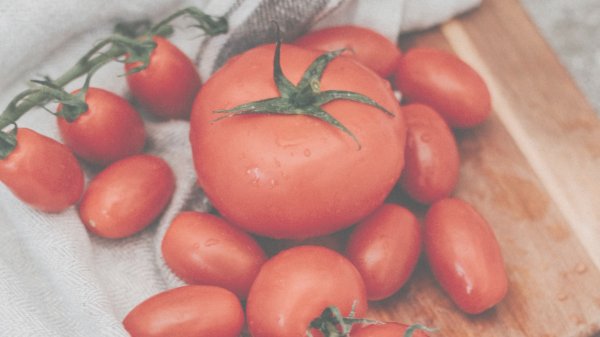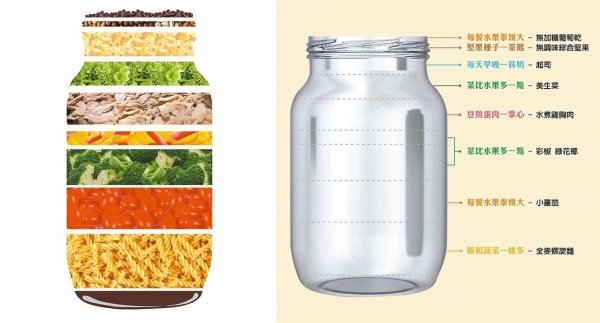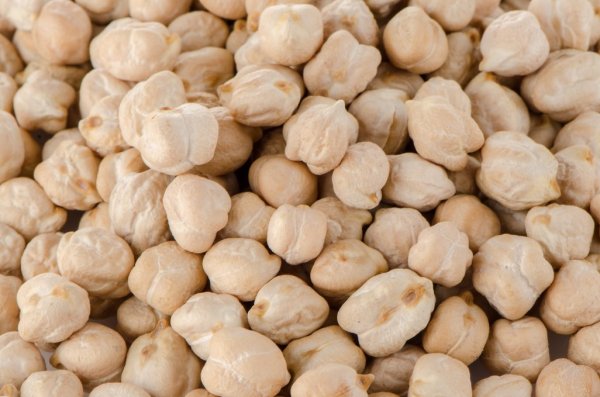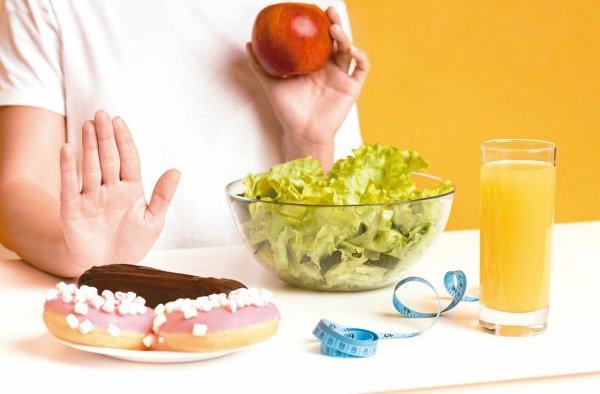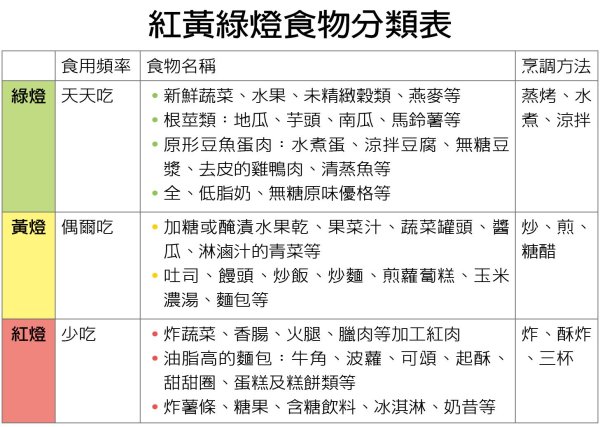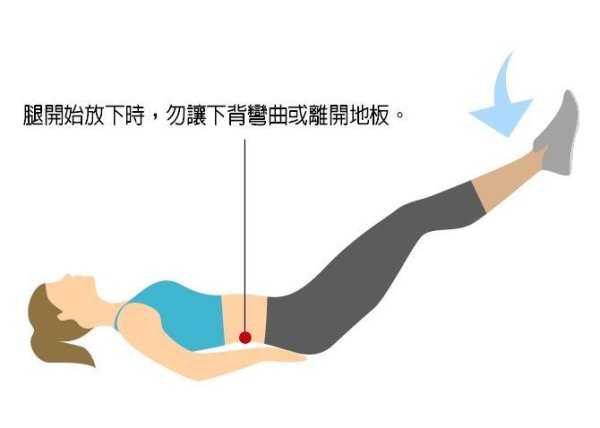Increase dietary elasticity of diabetics and fattening people. Doctors warn that sugar substitution is not to let you "eat sweets with confidence"

In modern diets, sweetness is almost gone, and long-term high sugar intake is highly related to health risks such as obesity, diabetes, and cardiovascular diseases. It is a common understanding in the medical community. In order to reduce sugar burden, sugar substitutes (sweeteners) have high sweetness and low heat, and gradually become a sugar-controlled substitute. However, doctors remind that sugar substitutes are not restricted, and it is safe to take appropriate amounts.
Natural sugar substitutes are not easily relied on and are mostly excreted from the urine.What is sugar substitute? Sugar substitutes are food additives with sweet taste characteristics, but they are extremely low in heat or do not contain hot amounts. The sweetness is significantly higher than sucrose, and only a small amount is needed to achieve the expected sweetness effect.
Shen Fengzhi, attending physician of Chen Daizhi, Chang Geng Mining Hospital of Kaohsiung, pointed out that sugar substitutes can be divided into two categories: "natural" and "artificial". Natural sugar substitutes such as erythritol, stevia, and rohan fructose are mostly derived from plant extraction. Among them, erythritol is naturally present in fruits and fermented foods. It is not easy to be reinforcing in the human body. Most of it is excreted from the urine and will not cause blood sugar or inflammas fluctuations. There are relatively few side effects on inappropriate stomach problems, but excessive injections may lead to mild abdominal abdomen.
Some artificial sugar substitutes have been suspected of carcinogenic, and the key is the intake.The artificial sweetener was first discovered to be saccharin, which is about 200 to 700 times sweeter than sucrose and does not contain heat. In fact, saccharin has good stability. Early animal experiments have caused doubts about the potential risk of bladder cancer. However, it has been proved by large-scale research that the risk of carcinogenicity for humans is extremely low under normal intake. At present, many countries have lifted the ban.
Another widely known artificial additive aspartame has been suspected to be related to cancer and neurologic diseases, but research points to be safe within the recommended intake. Sucrosecon is also widely used in baking and is not easily absorbed by humans and is directly discharged from the body. The value of
sugar substitute is to provide sugar for diabetics and reduce heat.Shen Fengzhi said that sugar substitutes can provide sweetness for diabetic patients without causing significant fluctuations in blood sugar; for those who reduce severe weight, it will help reduce total heat intake; women with diabetic women during pregnancy, patients with symptom syndrome, and other groups that need to strictly control sugar can also increase dietary elasticity due to the existence of sugar substitutes.
Although diabetes patients can use sugar replacements to control sugar, they still need to control the total heat and nutrition balance; those with reduced weight can use sugar replacements to reduce the heat of drinks and desserts, but they should not increase the consumption frequency. Children do not recommend using high-sweet sugar replacements for a long time to avoid affecting the development of taste and dietary preferences.
Although sugar substitutes reduce heat and blood sugar burden under normal intake, it is not a "Zero Contest". Shen Fengzhi pointed out that certain sugar substitutes such as saccharin and sucrose may change the tract of the tract, affecting the sensitivity of glucose grafting and insulin. Long-term consumption of high-sweet sugar substitutes may also reduce the sensitivity of taste buds to natural sweetness, such as fruit sugar, and may even induce desire for high-sugar foods.
Avoid taking multiple sugar substitutes a day, resulting in cumulative overdose.Therefore, the WHO World Health Organization has a conservative attitude towards non-sugar sweeteners in 2023, and it is recommended not to rely on sugar replacement as the main strategy for controlling weight or preventing chronic diseases for a long time. As for consumers when choosing sugar-containing foods, they should first check the nutritional marks and ingredient list, pay attention to sugar-sorbing and sorting, and avoid cumulative overdose caused by taking multiple sugar-sorbing a day. Especially sugar alcohol sugar-sorbing, such as sorbitol and xylitol, which can easily cause kidney and stomach discomfort. It is advisable to eat a small amount in part. The greatest value of sugar substitutes is a transitional tool that helps reduce sugar intake, rather than a passport that allows people to eat sweets with confidence. Shen Fengzhi emphasized that the emergence of sugar substitutes allows humans to find compromises between enjoying sweetness and maintaining health. The key to true health lies in the overall diet structure, rather than a single ingredient. Reducing the dependence on sweetness and increasing the proportion of natural prototype ingredients is the long-term plan.
sugar substitute is neither a completely harmless "sweet savior" nor a elixir that replaces healthy dietary habits. It is natural or artificial. The core principle of safety is always "appropriate intake".
Is natural sugar substitute definitely better than artificial? Safe intake is the key."Natural must be better than artificial, which is a common misunderstanding." Shen Fengzhi said that dividing sweeteners into natural and artificial is not the absolute standard for judging safety. It is key to chemical structure, human recognition methods and ultimate physiological influence.
For example, natural stevia and rohang fructose are not easy to be reinforcing, and artificially synthesized sucrose also has similar properties that are not easy to be reinforcing. Some natural materials are overfilled, which will cause adverse reactions to humans.
Currently approved sugar substitutes by the U.S. Food Drug Administration (FDA), European Food Safety Agency (EFSA) and World Health Organization (WHO) have passed strict toxicology assessments and have a "acceptable daily intake" (ADI). Within the ADI scope, both natural or artificial sugar substitutes are safe dosages and will not cause known health risks.
Taking aspartame as an example, the recommended ADI is 40 mg per kilogram; for a 60 kilogram adult, the daily safe intake limit is 2400 mg. Generally, the content of sugar-free beverages in commercially available is usually more than liters to reach the upper limit, but you still need to pay attention to the accumulated intake.
Saccharides● Natural sugar substitutes
are extracted from plants or natural foods, such as stevia, rohan fruit, coconut nectar, etc. For example, steviol, robinol, erythritol, xylitol, etc.
● Artificial sugar substitute
is synthesized by chemicals, such as aspartame, saccharin, sulfonate, sucrosedenin, etc.


